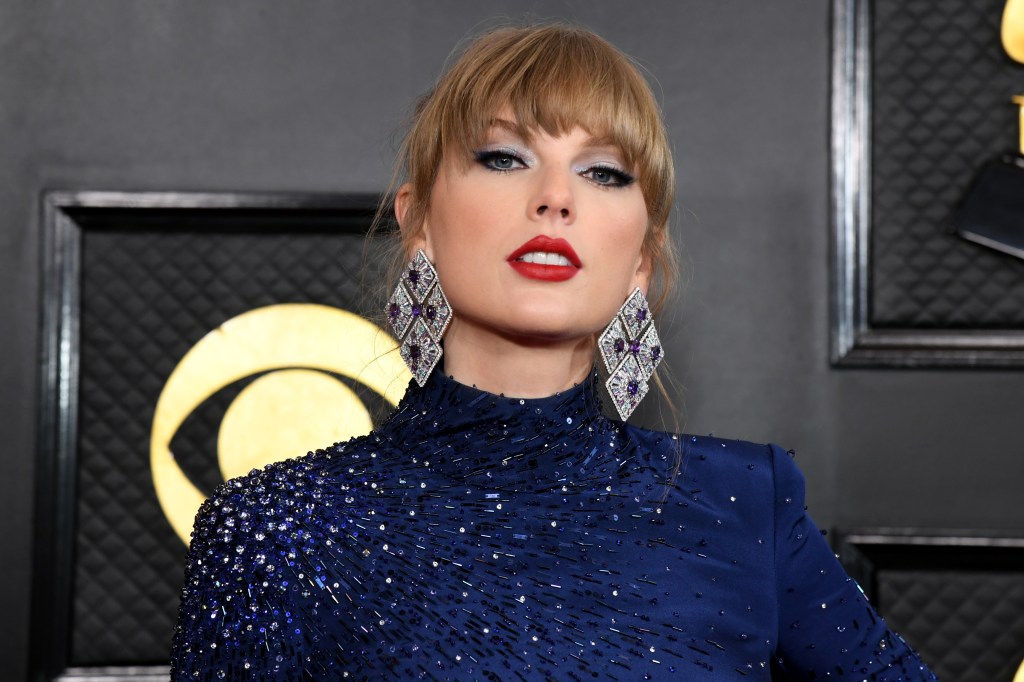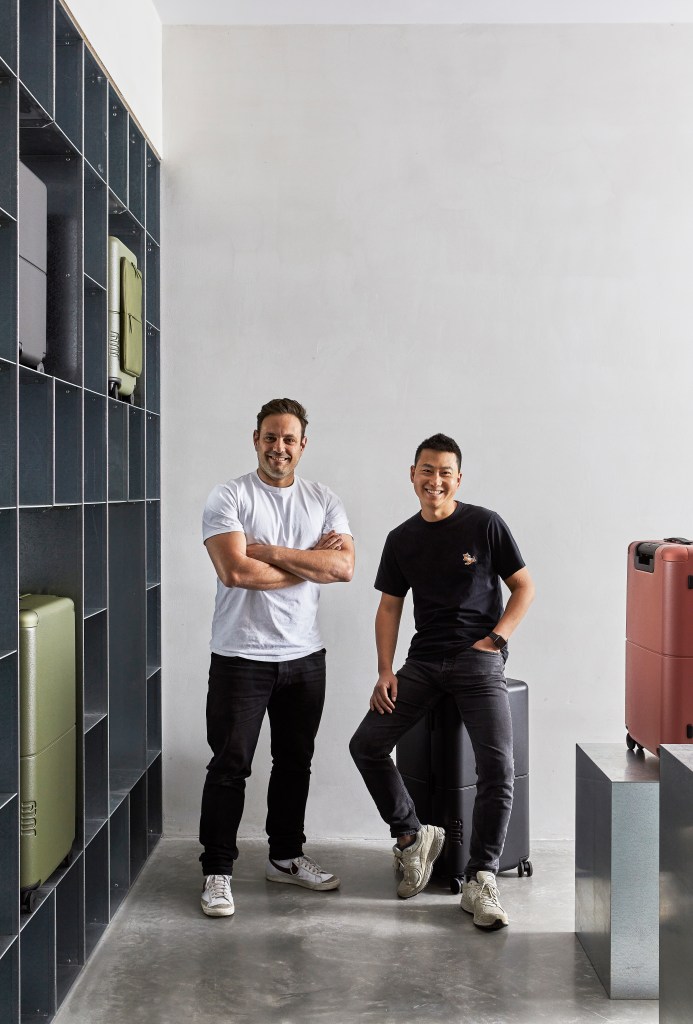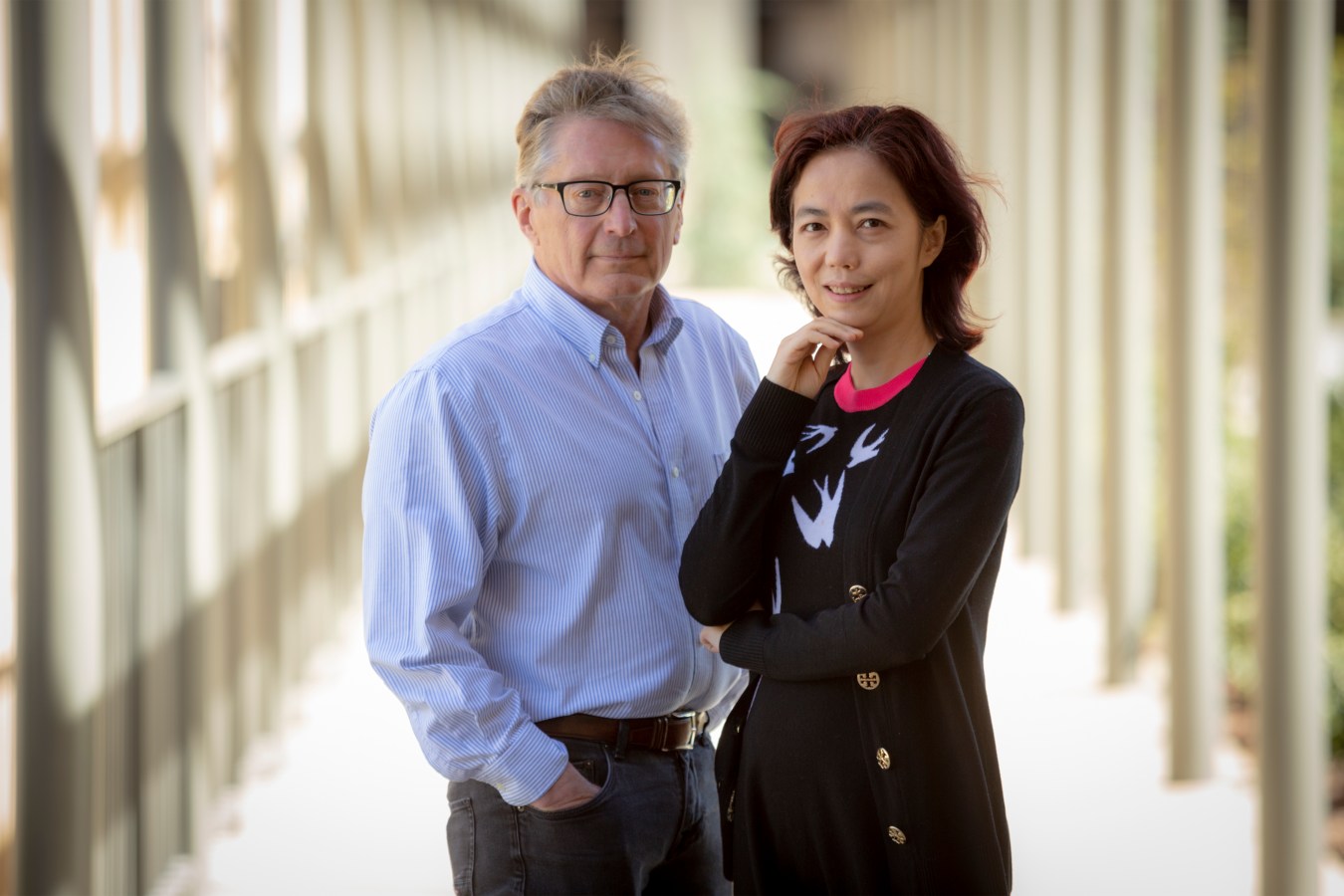Four out of five consumers are prioritising value for money when shopping, as economic pressures mount, according to new research conducted by YouGov on behalf of Shopify. However, consumers are willing to treat themselves to small luxuries, or save for larger items that they find value in – such as Taylor Swift concerts, Shopify Australia’s James Johnson says.
By Jane Lindhe and Charlie Nash

Key Takeaways
- Like the “Lipstick index”, the “Taylor Swift Index” is seeing consumers going without to treat themselves to small luxuries that make them feel good.
- 78% of consumers are prioritising value for money when shopping.
- Price is just as important as quality, longevity and utility.
- Customers are prioritising “value” in their purchases.
Times are tough for Australian households, with economic pressures such as rising interest rates and cost of living pressures taking a toll.
While around 78% of consumers are looking to prioritise value for money when shopping, James Johnson, Director of Technology Services and Enterprise at Shopify ANZ, says it’s important to understand that value comes in many forms.
For example, consumers are finding value in treating themselves to small luxuries, Johnson says. He’s coined the term: the “Taylor Swift Index” – to describe the trend. In layman’s terms, consumers are willing to go without some things in order to save for feel-good experiences, such as Swift’s upcoming Eras tour.
“We know that 75% of Australians are cutting back to save money, but they’re also looking to treat themselves.
“You’re looking at people who have 10 computers open who are willing to spend $2,000 to travel interstate to see Taylor Swift. I think for retailers it’s an opportunity to really tap into what excites your customers,” Johnson says.
The Shopify Australian Retail Report, conducted in partnership with YouGov, found that financial pressures – including 12 interest rate rises within 18 months – have contributed to consumers being more discerning about where and how they spend their money.
“It would be remiss to expect consumer priorities and behaviours to remain unchanged from 2019 or before,” Johnson says. “But what we’re seeing is that while, across the board, Australians share some common priorities and challenges, when you dive deeper into the data you find that there are clusters of customers where these diverge.”
Shopify – which controls about 25% of the e-commerce market and has more than 100,000 merchants in Australia – had 541 million unique shoppers globally that purchased from a Shopify merchant.
“Basically, one-third of anyone globally who bought anything online bought it from a Shopify merchant. “[That scale] gives us a really unique view of what consumers are actually doing, where they’re shopping and their behaviours.”
Shopify identified six “consumer personas” based on their behavioural factors and shopping preferences. Each shopper profile has different financial pressures, purchasing intentions and priorities.
A snapshot of Australian consumers
- The Value Valuer: they define value as ‘quality that lasts’ and prioritise product quality over brand. They are the least likely to be influenced by a celebrity or social media and 32% of all consumers.
- The Loyal Local: they also value quality over brand and price, and are likely to switch brands to support local or more sustainable businesses. They represent 24% of consumers.
- The Savings Seeker: they are the most financially stressed consumers overall and care most about price. By far the most likely to switch to private label brands, this persona represents some 22% of consumers.
- The Mindful Moneybags: the wealthiest and most environmentally conscious cohort, these shoppers have not felt enough an impact significant enough to change their shopping habits. They represent 10% of Australian consumers.
- The Picky Purchaser: the second-highest earning shoppers, this cohort has the highest expectations when it comes to the shopping experience. They are the most brand-loyal by a considerable margin and comprise 8% of Australians.
- The Social Shopper: the most likely to shop online and the most influenced by social media influencers. They prioritise speed in the purchase experience but are the least demanding overall and make up just 3% of consumers.
All personas listed above said the main expense they were cutting back on was dining out, apart from The Mindful Moneybags, whose primary cost-cutting measure was postponing holidays.
“Price is important but depending on persona [customer], just as important as price are things like longevity, quality and the utility that I get from it,” he says. “It might be that I am willing to spend a little bit more on a purchase, but I expect or know from the brand’s values that this product is going to last longer.”
The report showed that while 38% of Australians prefer shopping in-store, 31% prefer online shopping and another 31% are on the fence. People looking to save money were most likely to prefer shopping in physical stores (48%), while social media users were the most likely to shop online (52%).
Finding your niche

If you told the co-founder of prestigious travel brand July, Athan Didaskalou, 10 years ago that he’d be a travelling suitcase salesman today, he’d have laughed you out the door.
Fast forward to 2023 and he and Richard Li are the co-founders of one of the country’s fastest-growing prestige brands, July. The Melbourne-based company experienced rapid growth prior to the global pandemic and secured $10 million in funding from high-net-worth individuals such as Lachlan Murdoch.
“When I grew up I didn’t have these dreams or aspirations to become a traveling international suitcase salesman. But that’s, that’s exactly what I am, and I love every day of it.”
The irony of starting a luggage company a year before the onset of an international pandemic and global lockdowns is not lost on Didaskalou. While the company experienced unprecedented growth within its first year of operating – including opening its first store within six months – and international expansion, the impact of COVID hit the company hard. It managed to weather the storm by cutting back and making customisable drink bottles during the Melbourne lockdown, only to come out the other side “stronger than ever”.
“I think having experienced that we are actually a stronger business as a result,” he said.
Didaskalou, who has used Shopify’s platform since starting the business in 2019, agrees with Shopify’s findings that consumers are prioritising value in their purchasing habits.
July, which is known for its premium, high-quality products, rarely discounts, but instead offers bundled offers and quality guarantees.
“Our name is based around travelling in July. You know, it’s something that Australians love to do. If you’re not doing it, everyone on your Instagram is!”
Shopify’s Johnson says having a multichannel retail strategy – incorporating e-commerce with a bricks and mortar store – is “a consumer expectation” today. “You need to be everywhere that I need you to be.” In July’s case, it has a mix of bricks and mortar stores and an e-commerce offering.
“July is a perfect example of that where customers want to go into a store and touch and feel…but they are seeing interesting things in terms of customer retention because have been into the store and seen it and they’re comfortable enough to buy it on other channels.”


